
Since we’ve been given the biblical mandate that we all belong to each other {Romans 12:5, NLT}, this fall at (in)courage we wanted to spend some deliberate time together unpacking what that means.
To focus on what it means to love my neighbor as myself.
To open our hearts for dialogue about what it might look like to walk around in someone else’s shoes.
So we’re hosting a conversation here every Wednesday for the next few weeks about what it looks like to do life in a way that reflects the timely truth that we actually are better together. Won’t you join us as we invite writers from our community to share what doing life Better Together has looked like in real time for them?
And then consider what living life — like we are better together — might look like for you too.
[linebreak]
Pauline is 18 years old and mother to almost 3 year old, Melvin.
She’s known more sorrow and difficulty in her short years than most experience in a lifetime.
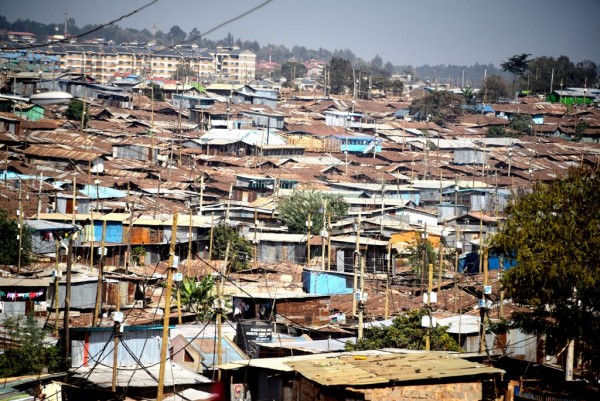
No one plans on being born into Kenya’s largest slums or suffering at the hands of an abuser. No one asked her if she wanted to get an education or become a mother at 16 years old.
But impoverished and oppressed girls like Pauline often don’t have a choice.

She momentarily pondered these thoughts in her heart as she waited for her Fair Trade Friday group to arrive. It was finally her turn for the group to visit her home.
But this wasn’t just any social call. No, it was a day she looked forward to for many months.
She smiled as she thought about how far God had brought her after graduating from Mercy House (Rehema House in Swahili). Who would have thought she would be nearly done with her first year of vocational school and leading a Fair Trade Friday group of twenty mothers in the slum? She had taught the group how to make jewelry and turn their paper beads into bracelets and necklaces and hope. The money was changing their lives.
But something more kept them going.
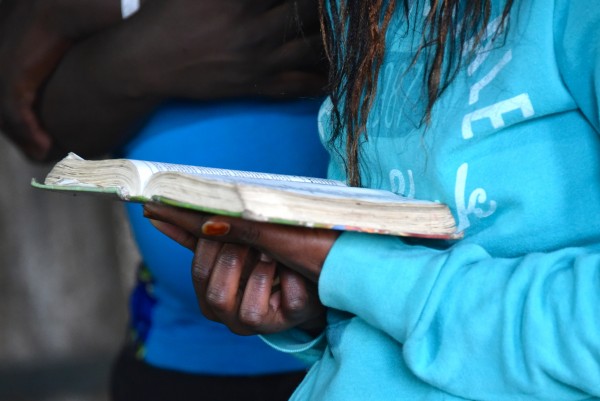
The group found comfort and friendship together and hope in Jesus. Suffering knows no boundaries and each had struggled for years to feed their children, provide school fees and pay rent for their one room homes.
But together, well, they were better together.
Pauline saw the group walking down the steep, dirty, and trash-filled path to her home. She had swept her dirt floors and made tea in honor of the visit. Her house was quickly overflowing with her friends, each carrying bags of flour, sugar, and cooking oil — enough food supplies for a month for her family.
They started with praise and worship and then took a turn sharing a word from God. Afterwards, each woman presented her food basket to Pauline and put money in her hands. By the time they got to the last woman in line, Pauline was holding 8000 shillings (around $80 US dollars), more money than she’d ever had at one time.
Next month, she and her friends would bring food and shillings and bless the next women in line in the group. This savings plan was the best way for them to help one another.
We live in a selfie society.
Loving ourselves is easy. We aren’t taught to put ourselves first, we are naturally good at it. But loving our neighbor more than ourselves — this can be a hard thing.
The beauty behind Fair Trade Friday, a fair trade monthly subscription club that is providing jobs for oppressed and impoverished women, isn’t just about stories like Pauline’s. Although, wow.
It’s people like you and me who become a part of their story by understanding that we are better together. We don’t have to sit back and wonder how we can make a difference in lives so far away.
Because when we do something for someone who can’t do something for themselves, we are really doing something for God. And ourselves.
We have groups like Pauline’s around the world — from Azerbaijan to Costa Rica to the refugees from Nepal and Burma and soon-to-be Syria resettled in Houston, Texas — an hour from my home.
Every day I wear a bracelet that Pauline made or earrings that my refugee friend Klaw Meh crocheted. I don’t wear it for them.
I wear their handmade jewelry to remind me that I’m a better person when I’m remembering them.
I wear them for me.
It’s easy to love ourselves, but we are called to something greater, something better: we are called to love our neighbors as our self(ie). And that makes us all better.
[linebreak]


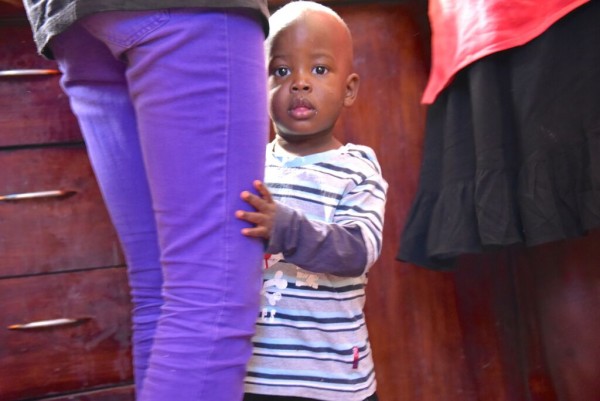
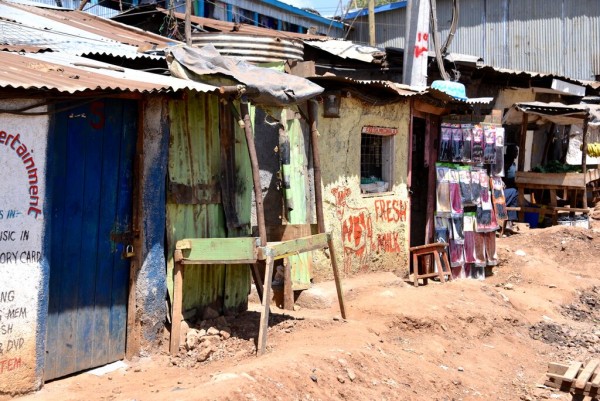
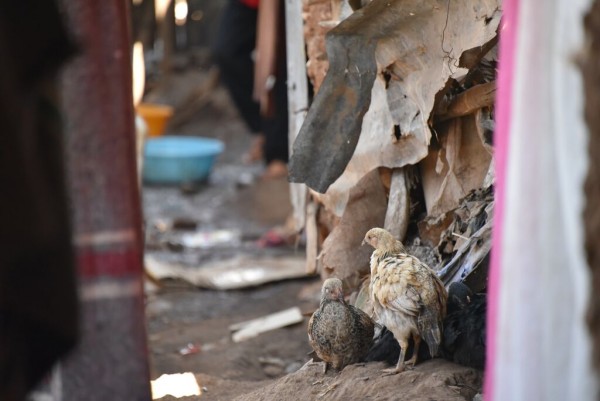
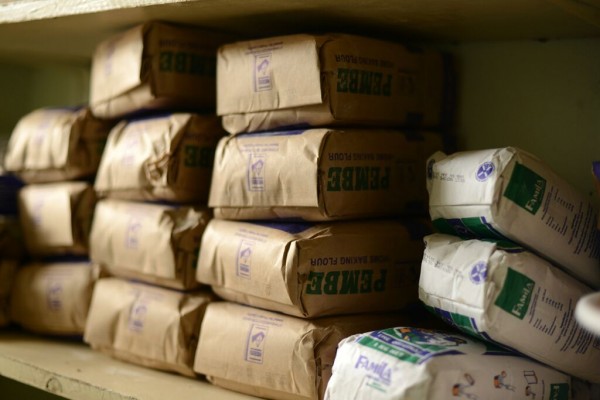
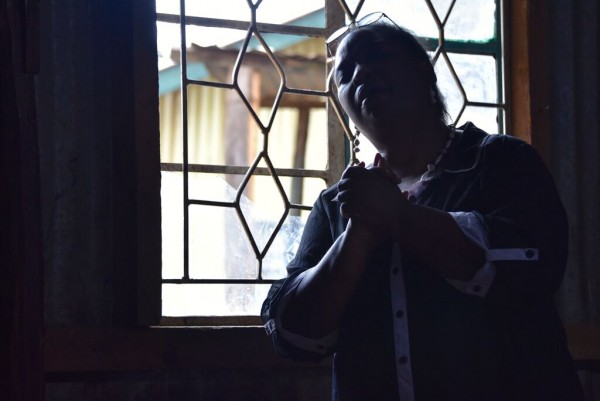
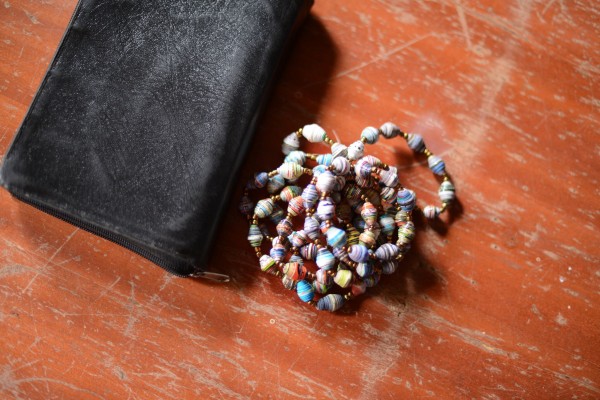


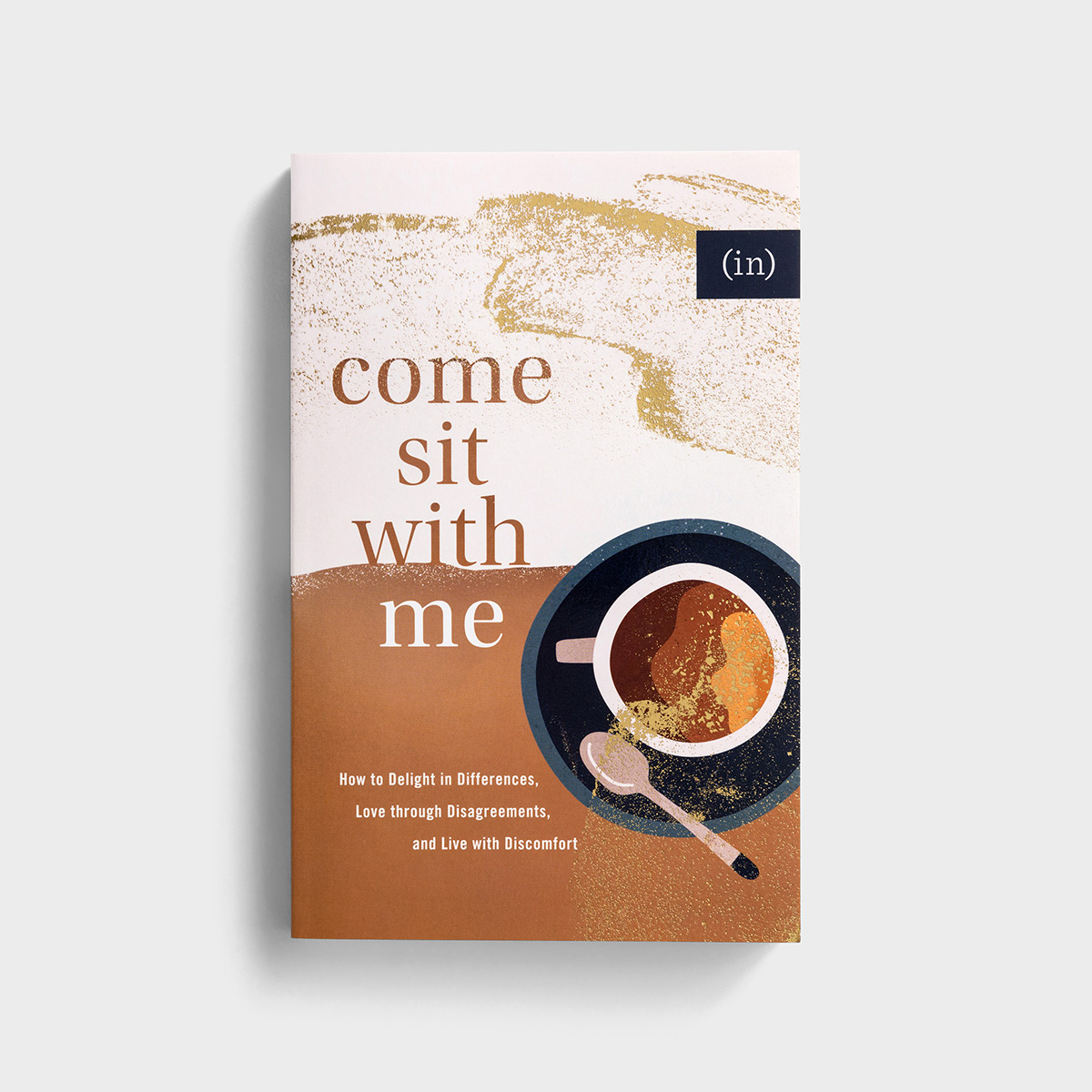
These women are heroes! Thank you for making a way to connect our lives.
Thank you for sharing! Mercy House is changing lives! So thankful for this. Much love
SO thankful for your hard obedience!!!!
Kristen,
I just love this: When we do something for someone who can’t do something for themselves, we are really doing something for God. And ourselves. Our church has Ninos De Mexico as their missions. My husband and I sponsor a girl from that orphanage. It is a delight to get her letters, and see her smile. My biggest joy was when she got baptized. I send her money to buy Christmas & birthday gifts. Letting her know that we love her.
Bless you for sharing Mercy House!!
Blessings 🙂